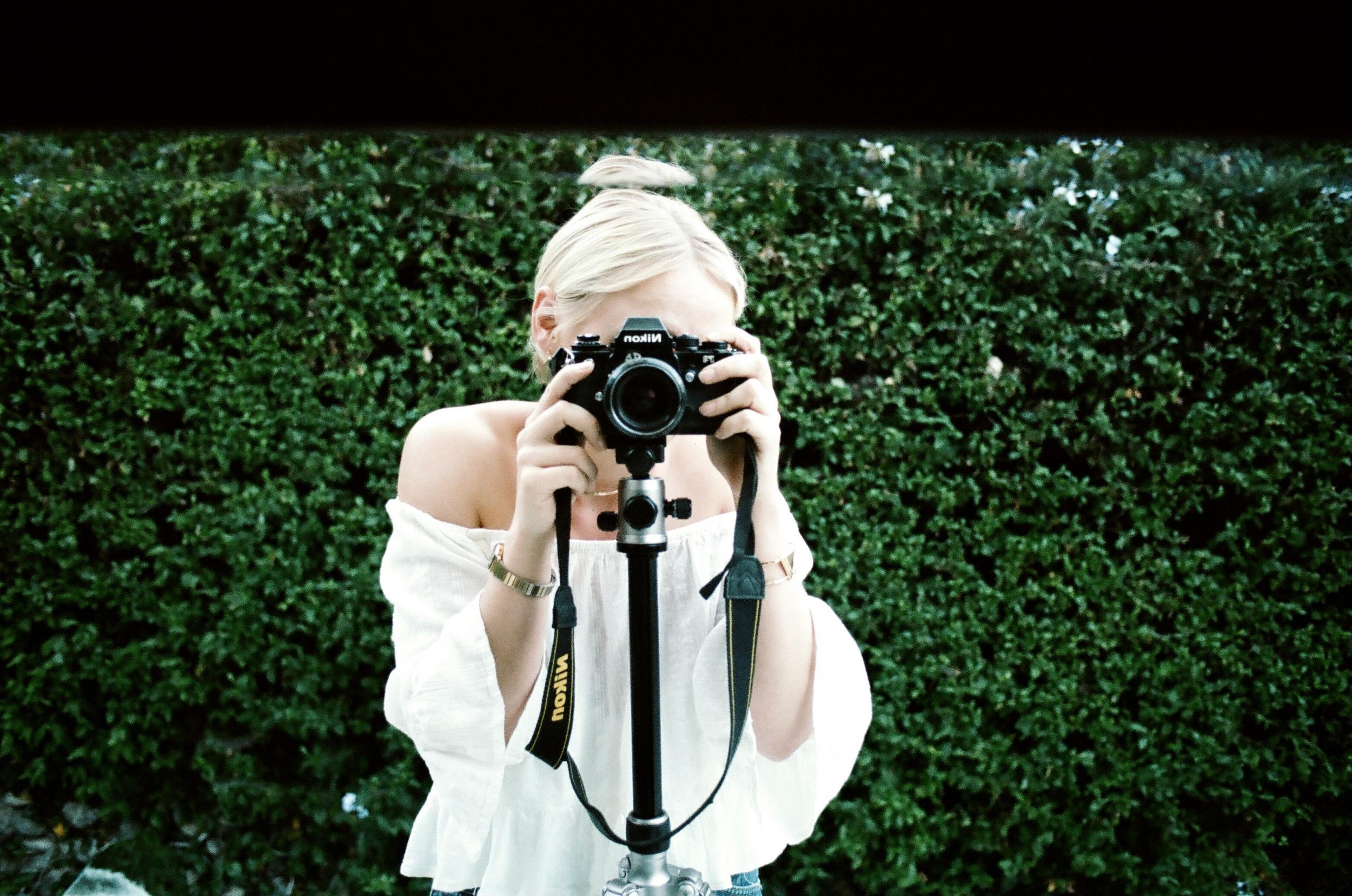Laura Marling launches podcast investigating lack of women in the recording studio
She wants to assess whether it makes any difference to the final outcome of recordings without bringing any pre-conceived notions

Your support helps us to tell the story
From reproductive rights to climate change to Big Tech, The Independent is on the ground when the story is developing. Whether it's investigating the financials of Elon Musk's pro-Trump PAC or producing our latest documentary, 'The A Word', which shines a light on the American women fighting for reproductive rights, we know how important it is to parse out the facts from the messaging.
At such a critical moment in US history, we need reporters on the ground. Your donation allows us to keep sending journalists to speak to both sides of the story.
The Independent is trusted by Americans across the entire political spectrum. And unlike many other quality news outlets, we choose not to lock Americans out of our reporting and analysis with paywalls. We believe quality journalism should be available to everyone, paid for by those who can afford it.
Your support makes all the difference.There’s been a lot of talk about the lack of women behind the camera in the film industry over the past couple of years, but little scrutiny when it comes to the recording studio.
Laura Marling is hoping to change this with a new project launching today called Reversal of the Muse, through which she aims to "establish why there is a real lack of female presence in the recording studio, and to discuss whether it makes any difference to the final outcome of the recordings."
Over the past few months, Marling has been travelling to speak with a number of musicians and engineers about their first-hand experience, ‘without wanting to carry any pre-conceived notions of why it might be’.
The project has a dedicated website and will centre on a series of podcasts discussing the topic with key players in the industry. The first two podcasts are live now and feature HAIM and US studio engineer Vanessa Parr.
“Reversal Of The Muse began as conversations between friends about female creativity," Marling told The FADER. “In reversing the muse, it became an experiment. As a small part of the global conversation about women in the arts, it became an obsession. It occurred to me that in 10 years of making records I had only come across two female engineers working in studios.”
You can listen to episode one above.
Join our commenting forum
Join thought-provoking conversations, follow other Independent readers and see their replies
Comments